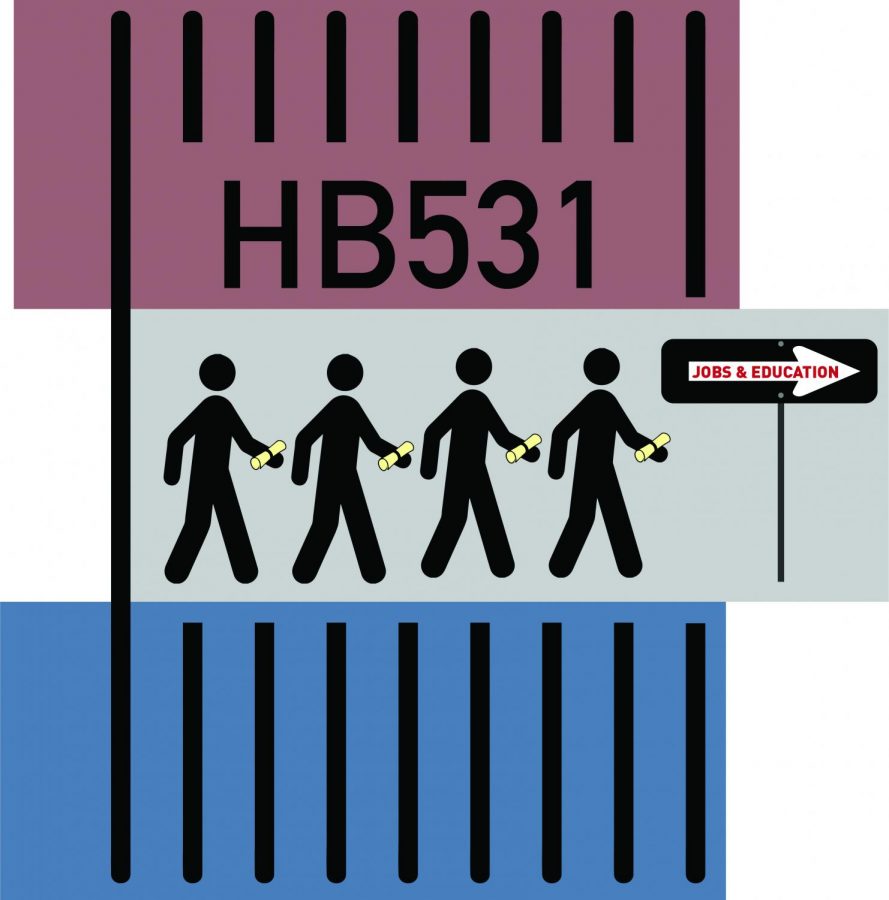Proposed legislation could grant leniency for youth crimes
Proposed legislation could grant leniency for youth crimes
January 28, 2019
House Bill 531 may soon become a law, potentially freeing those in prison charged under the age of 21 once they serve 10 years of their initial sentence.
Introduced in 2017, the bill would give juveniles with longer sentences the right to parole if they have already served 10 years of their initial sentence. The bill passed both houses in November 2018, and it is now up to Governor J.B. Pritzker to sign the legislation.
The legislation would not apply to those serving sentences for some serious, specified crimes such as first degree murder or predatory criminal sexual assult of a child.
Illinois State Rep. Barbara Flynn Currie (D-Chicago) was enthusiastic about the bill.
“This will bring back the opportunity of parole for people who committed important crimes when they were under the age of 21,” she said. “It’ll be some time before the system goes into effect, but it seems to be very important to give people an opportunity for a second chance.”
Flynn Currie also said these individuals’ judgement may not have been matured at the time of their crimes and this should be taken into consideration.
“The idea that they have a chance to come back and rehabilitate themselves should be a very important part of our justice system,” Flynn Currie said.
Many organizations, such as the Juvenile Law Center, believe youth should be given the right to redeem themselves.
“Research also demonstrates that most youth will naturally desist from criminal behavior by their mid-20s,” according to a Jan. 24 email statement from Riya Saha Shah, managing director of the Juvenile Law Center, an advocate for rights dignity, equity and opportunity for youth in the child welfare and the justice system.
“Life-without- parole sentences and other long sentences keep youth in prison well after they have demonstrated that they can safely return to their communities,” the statement said.
Other organizations also advocated for the legislation. Jobi Cates, executive director of Restore Justice—an organization that works on criminal justice reform—was also supportive of the HB531.
“We started working on this issue because we were aware how many thousands of young people are serving what we would call de facto life sentences for things they did before they fully matured,” Cates said.
Cates said the Supreme Court has cases that indicate a difference in young people’s brains.
“Most of the brain science says that until you’re 25 years old, your brain hasn’t fully matured” she said. “Your ability to manage those kinds of decisions is very different until you are over 25.”








